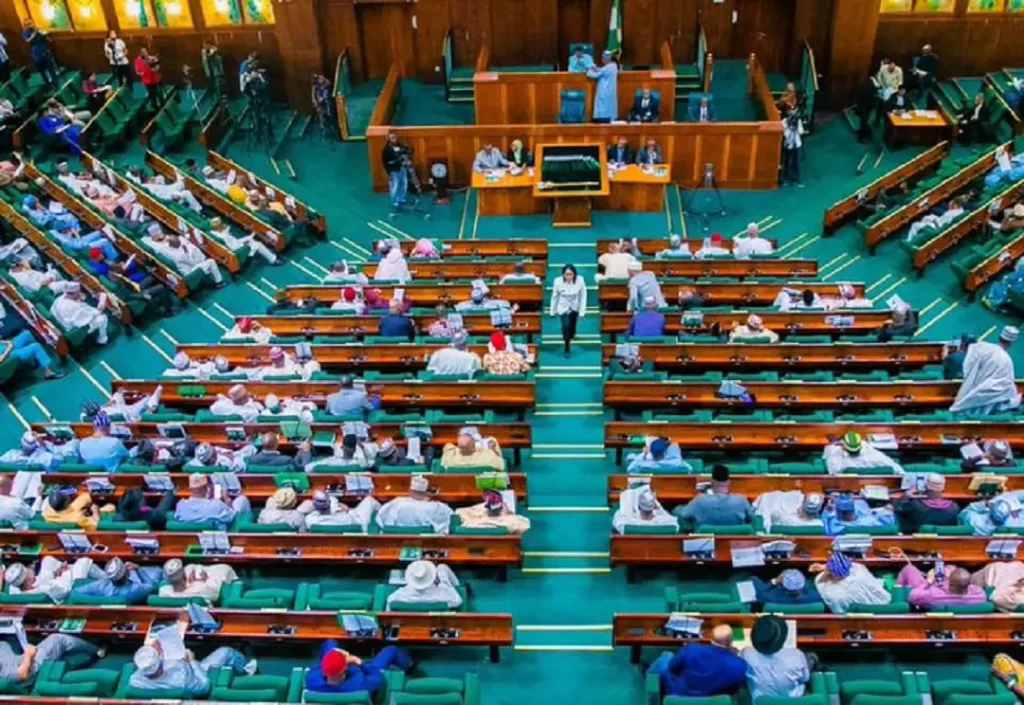The House of Representatives has moved to introduce life imprisonment for individuals involved in the production and importation of counterfeit medicines
The resolution was passed during Tuesday’s plenary session, following a motion of urgent public importance sponsored by Muktar Shagaya, a member of the All Progressives Congress (APC) from Kwara State
The lawmakers, during the plenary, called on the Attorney-General of the Federation, Lateef Fagbemi, to initiate a proposal for amendments to the nation’s laws, aimed at imposing stricter penalties on individuals found guilty of dealing in fake medicines.
This proposed reform underscores the growing concern among legislators about the unchecked proliferation of counterfeit drugs and their potentially devastating impact on public health.
This motion was brought to the floor of the House after troubling statistics were presented by the National Agency for Food and Drug Administration and Control (NAFDAC).
In December 2023, NAFDAC revealed that it had destroyed counterfeit products worth a staggering N120 billion within just six months.
The agency’s efforts reflect the mounting threat posed by the illegal trade of fake goods, particularly medicines, which are seen as a direct threat to the lives and well-being of Nigerians.
The debate on the growing menace of fake medicines is not new.
As far back as 2019, Mojisola Adeyeye, the Director-General of NAFDAC, had raised alarms about the inadequacy of the current penalties for drug traffickers, suggesting that lenient sentences do not serve as a sufficient deterrent to would-be offenders.
Shagaya, while presenting the motion, noted the “alarming” rise in the circulation of counterfeit and substandard goods in Nigeria.
He emphasized that the spread of these fake products is not just a public health crisis but a significant threat to national security and the economy.
According to the Standards Organisation of Nigeria (SON), Nigeria incurs an estimated N15 trillion in annual economic losses due to counterfeit and substandard goods, with the pharmaceutical sector being a prime victim.
“The unchecked proliferation of fake products not only jeopardizes consumer safety but also discourages genuine investment in the food and pharmaceutical industries,” Shagaya told his colleagues.
He added that the absence of stringent enforcement measures has allowed offenders to continue their illicit activities, often with minimal consequences.
The APC lawmaker pointed out that existing laws have failed to deter fake medicine producers and importers, citing weak enforcement, corruption, and the lack of strong penalties as significant obstacles to curbing the illicit trade.
He criticized the lenient fines and bailable sentences handed down to offenders, suggesting that these have allowed criminals to repeatedly return to the trade, confident that they can continue without facing severe punishment.
Shagaya proposed that a national state of emergency be declared to intensify enforcement efforts.
He argued that it was essential to strengthen Nigeria’s regulatory institutions—NAFDAC, SON, and Customs—by providing adequate funding, modern equipment, and advanced technology for effective surveillance, detection, and enforcement.
The motion was not debated but was put to a voice vote by Deputy Speaker Benjamin Kalu, who presided over the plenary.
The resolution was overwhelmingly adopted, with lawmakers unanimously supporting the call for harsher penalties for counterfeit medicine offenders.
The House subsequently called on the federal government to increase its support for regulatory agencies like NAFDAC, SON, and Customs by ensuring they receive adequate resources to carry out their duties more effectively.
This includes providing modern surveillance tools and technology to assist in detecting and dismantling counterfeit drug networks.
Additionally, the House mandated the committees on Health, Commerce, and Industry to conduct a thorough investigation into the prevalence of counterfeit medicines and other fake products in the country.
The investigation is expected to identify regulatory gaps and propose comprehensive legislative measures to address the growing problem.
The passage of the motion is part of a broader effort by the Nigerian government to tackle the scourge of counterfeit medicines and protect public health.
Fake drugs, often unregulated and substandard, pose significant risks, ranging from ineffective treatments to potentially fatal side effects
Do you want to share a story with us? Do you want to advertise with us? Do you need publicity for a product, service, or event? Contact us on WhatsApp +2348183319097 Email: platformtimes@gmail.com
We are committed to impactful investigative journalism for human interest and social justice. Your donation will help us tell more stories. Kindly donate any amount HERE


